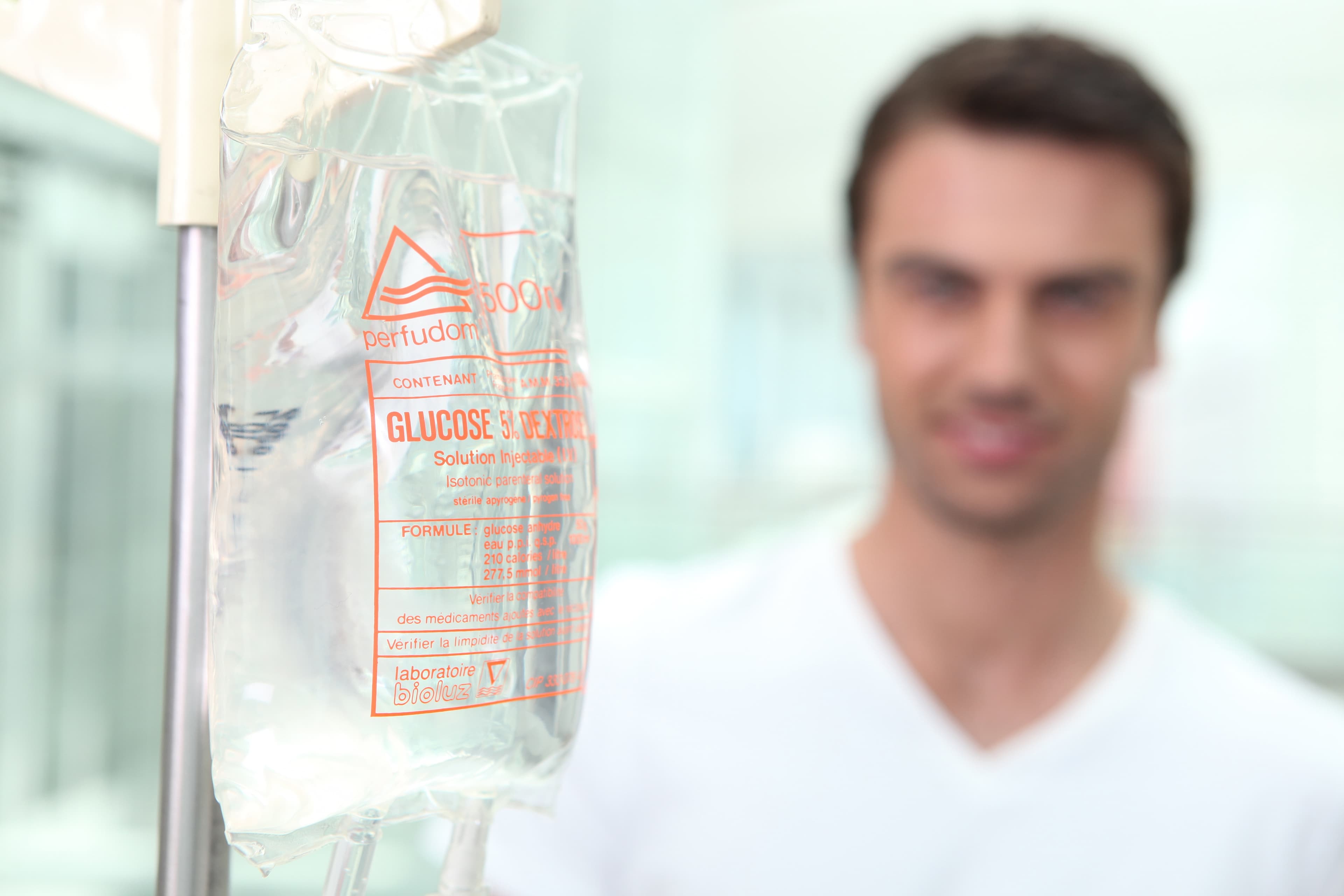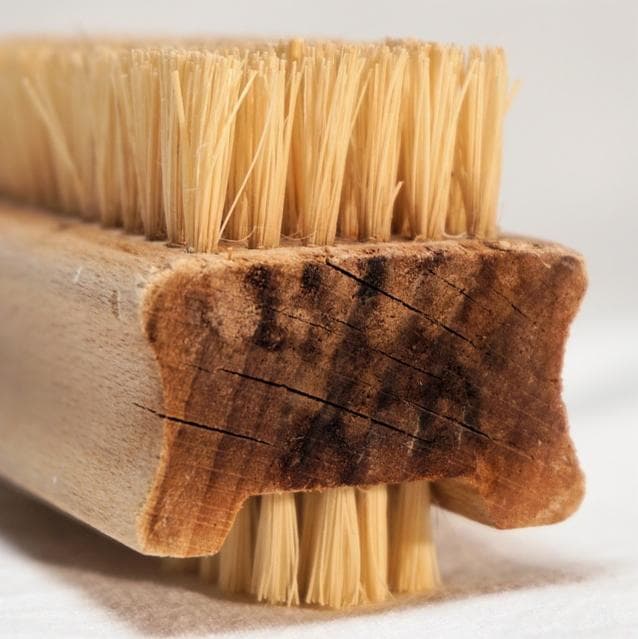
- Ask your doctor questions before surgery.
- A nationwide shortage of nurses means that each nurse has less time to tend to patients one-on-one. So ask a spouse, a family member, or a friend to fill the void. The ideal advocate is comfortable asking endless questions and confronting nurses and doctors when necessary.
- Although they're not cheap and insurance rarely covers their fees, they can change bandages, monitor your vital signs, and tend to your comfort. Request names from the hospital's visiting-nurse service, a local private nursing service, or a county nursing agency, or ask your doctor for suggestions.
- If you or somebody in your family has a history of problems with anesthesia, like severe nausea, or if you're feeling especially anxious about being put to sleep, be sure to discuss this with your doctor or your pre-op care provider. If a medical problem - anything from a cold to a urinary-tract infection - crops up between your consultation and the admitting date, tell the hospital and your physician. You may need to reschedule.
- There are two legal forms that will ensure your medical wishes are carried out: A medical power of attorney enables you to appoint a trusted person to make all medical decisions for you and a living will allows you to state your preferences regarding life-sustaining procedures when you're unable to communicate.
- Note how long you've been taking them and the dosage. Include prescriptions, over-the-counter medicines, herbal supplements, vitamins, and even any illegal drugs. This information helps your doctor and the hospital nurses monitor your health. Vitamin E, for example, can cause excessive bleeding in some people. Give copies of these papers to both your doctor and your advocate.
- Necessities include your insurance card and any lab results or X-rays your doctor asked for.
- Once you check in, you probably won't be able to bathe for a few days. Typically, your doctor will instruct you not to eat or drink anything after midnight.
- Your advocate can keep a log detailing the medications you receive and the tests and procedures you undergo.
- Whether you want stronger pain medications or a second opinion on your aching hip, speak up.
- Check that the information on your wristband is correct. If you have any drug allergies, you should be given an additional band with them written on it. (Also, let the hospital know about any food allergies or special dietary needs you have.)
- He may do so with his initials or some other significant sign. (Operations on all limbs and organs with doubles require this safeguard.) In the operating room, most hospitals require a time-out before you are put under anesthesia, during which your name, the site, and the specific procedure will be confirmed by your doctor and the nurses.
- Ask for assistance when getting out of bed, regardless of how strong you feel.
- Ask what is being given to you and why. You or your advocate should see that the nurse always checks your wristband before giving you a pill, an injection, or an intravenous drug. And be sure to ask for a dose of your pain medication before a nursing shift change.
- Politely ask anybody who might be touching you to wash his hands or put on a new pair of gloves.
- If you can, get up and walk around, even just for ten minutes, to prevent your blood from clotting. Similarly, taking deep breaths or coughing regularly clears the lungs of phlegm, which helps prevent infections.
5.0 stars
Scores 4.80 with 97 votes
Table of Contents
Related Checklist


Death
Campbell Rodriguez


Workplace Hygiene
Jake R Brady
Related Checklist Templates
More Checklist Templates
"Hospital Stay Checklist" not suitable?
Search the World's largest free library of checklist templates





